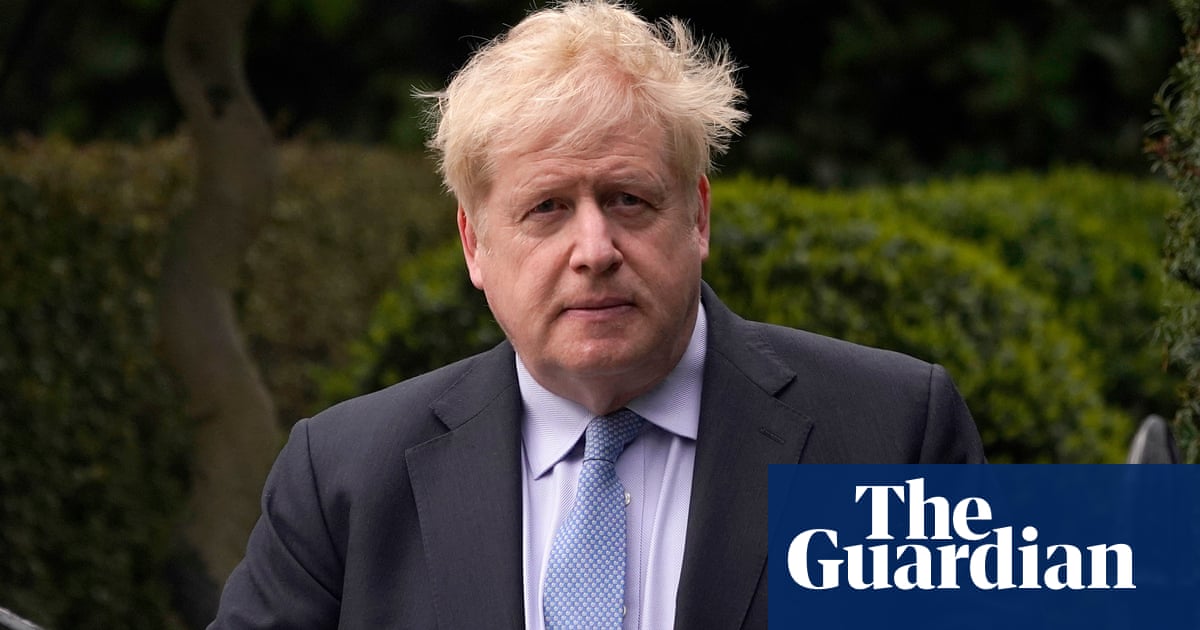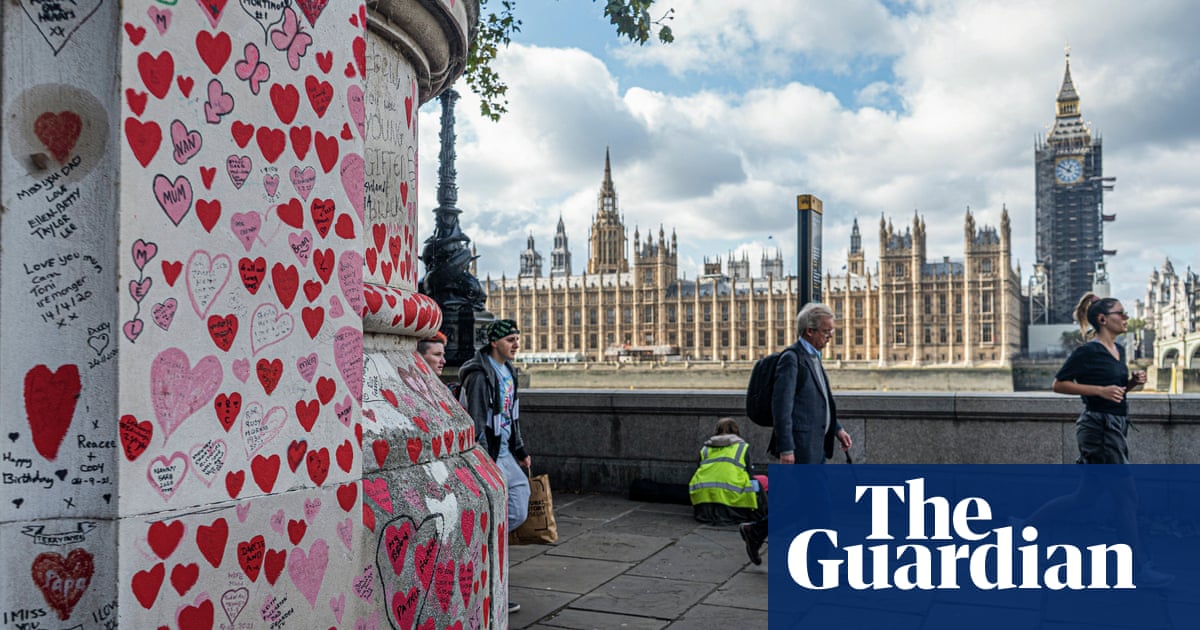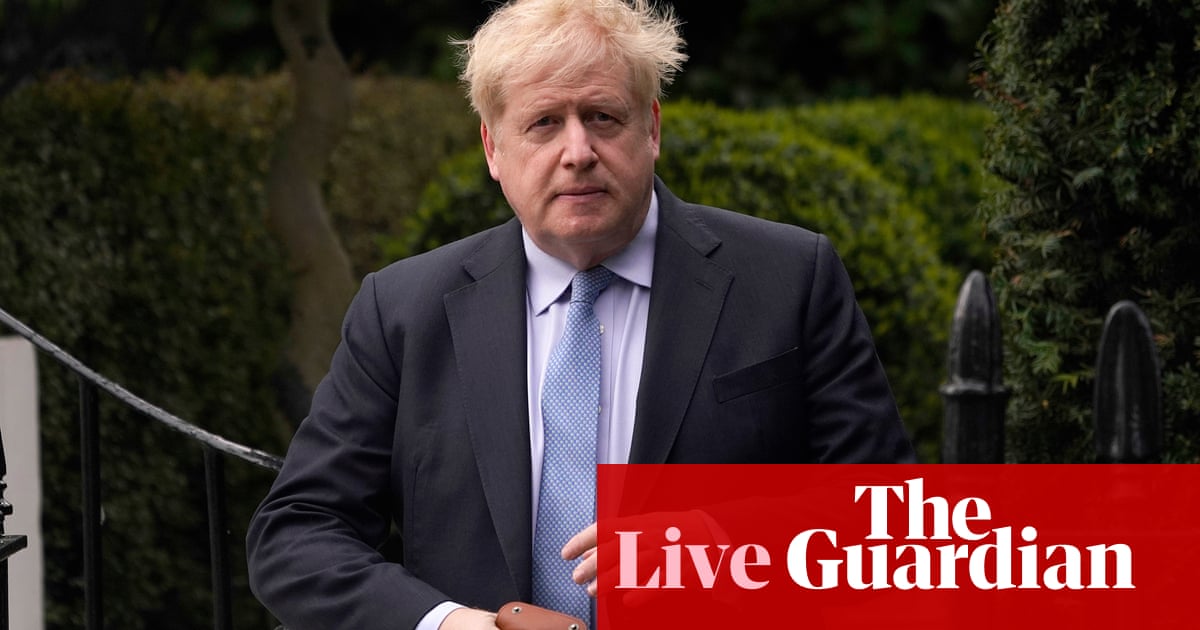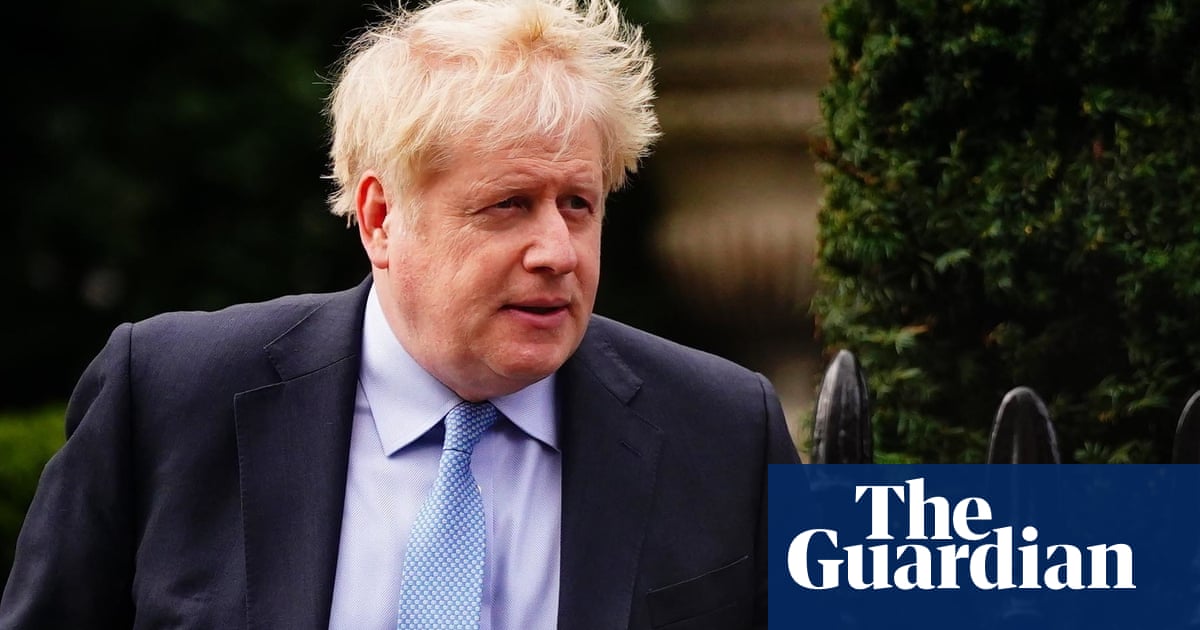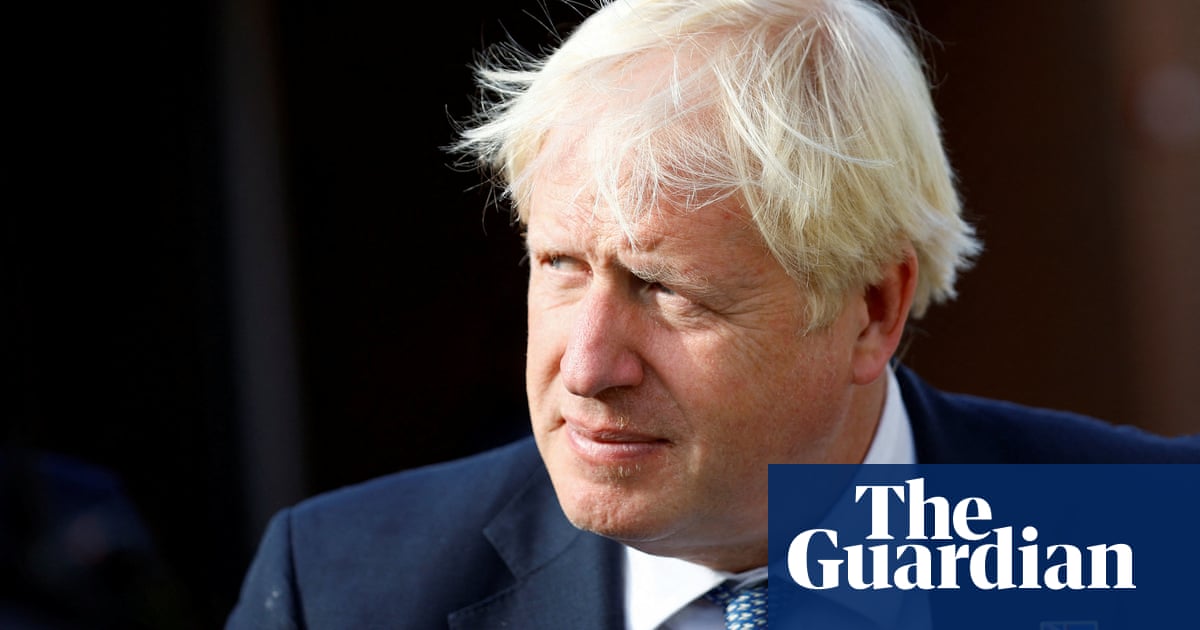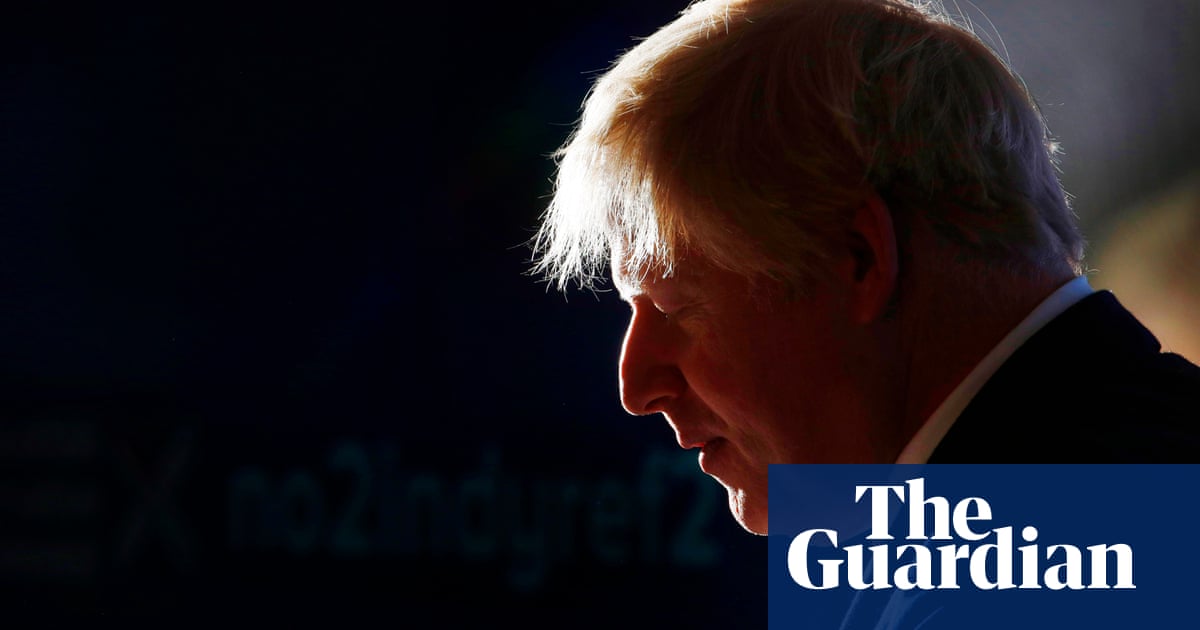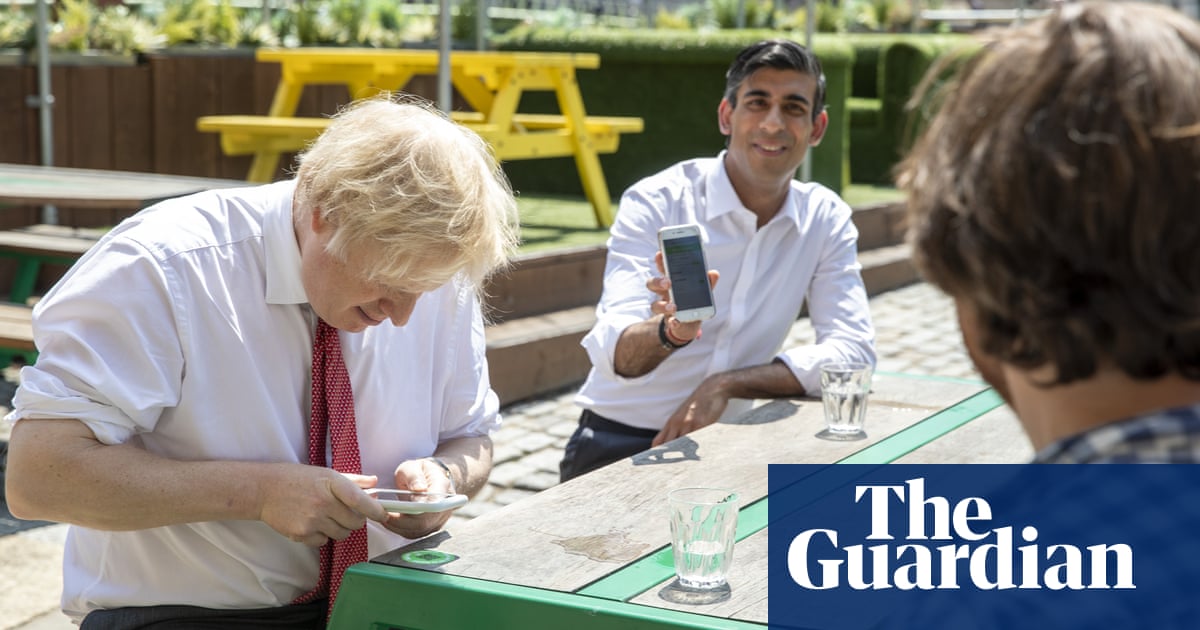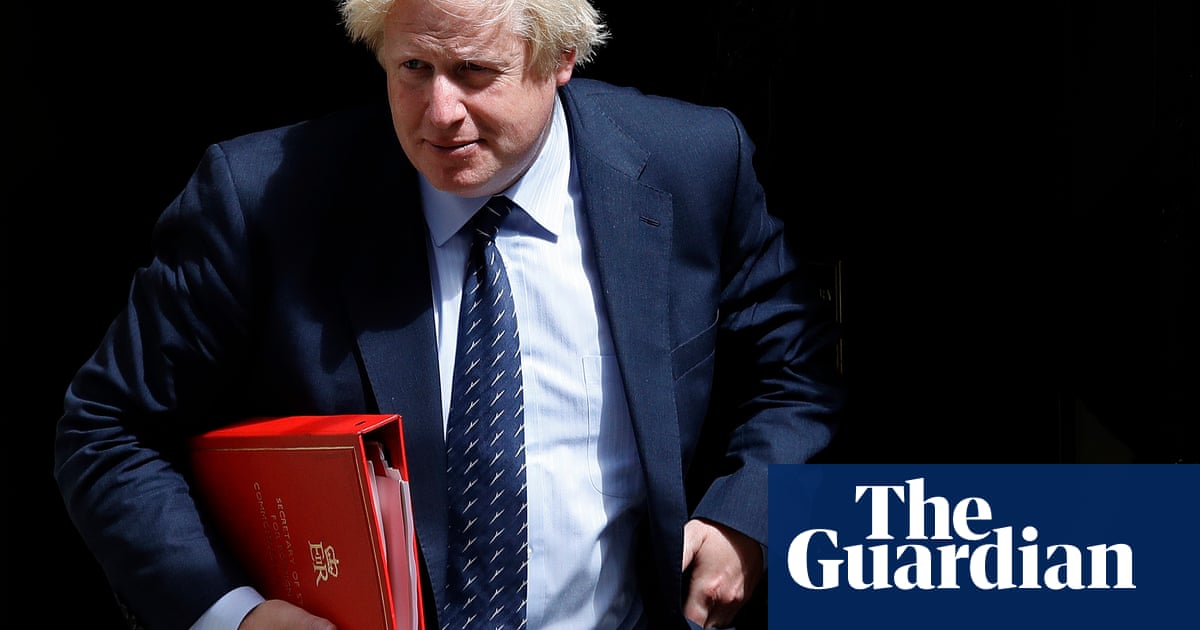
Boris Johnson has bypassed the government’s attempt to keep his unredacted WhatsApp messages secret by handing them over directly to the Covid inquiry.
In a move that will further frustrate Downing Street, the former prime minister circumvented the Cabinet Office, which is seeking to hold up the process by launching legal action.
Johnson said he was “not willing to let my material become a test case for others”, given the government’s reservation that handing over Johnson’s files could mean serving ministers are forced to oblige, too.
Thus far, only messages since spring 2021 have been given to the inquiry, because Johnson said security advisers had told him to permanently turn off a previous phone when its security became compromised.
That prompted some frustration, because it meant only messages dated well after all three national pandemic lockdowns were available to the inquiry.
To allay concerns, Johnson said he wanted to test the advice never to turn on his old phone. In a letter to the inquiry’s chair, Heather Hallett, he said he had asked the Cabinet Office to help turn the device back on securely to search “for all relevant material”, which he promised to pass directly to her.
About two dozen notebooks that were also requested by Lady Hallett had been removed by the Cabinet Office, said Johnson, adding that he had asked senior Whitehall officials to “pass these to you”. If they refused, he said, he would ask for them to be returned so he could again pass them directly to the inquiry.
The move will seriously undermine the Cabinet Office’s attempt to keep Johnson’s unredacted WhatsApps under wraps, after it took the unprecedented decision to launch the legal action. A judicial review of Hallett’s powers to demand all evidence she deems potentially relevant to the inquiry will now take place, but legal experts said she was likely to win.
The government faced an uphill task, said Jonathan Jones, a former head of the government legal department. “The likelihood is that the court will say the inquiry chair should be the one to decide how she goes about it, and what material she needs to see for that purpose,” he said.
The hope inside government is that the matter will be resolved in weeks, not months. Officials have asked for the case to be expedited but it is up to the high court to set a date for the hearing.
While Rishi Sunak has sought to keep a low profile over the issue, the Guardian has been told that he and the deputy prime minister, Oliver Dowden, signed off the decision to launch a judicial review.
Government sources stressed they were still working to find a compromise. One idea being mooted is that only those with security clearance in the Covid inquiry team should be able to read sensitive material.
Johnson has said he wants to help the inquiry however possible. But Hallett is interested in far more than files.
It emerged that she sent him a list of 150 questions on 3 February, including whether he said he would rather “let the bodies pile high” than order a second lockdown, or likened Covid to swine flu.
Other matters she is investigating include why he missed a number of meetings of the government’s emergency Cobra taskforce and how meetings with newspaper editors in September 2020 affected the decision to delay imposing a second lockdown.
More senior Tories have begun to express doubts about the government’s decision to take its fight to the courts. George Freeman, the science minister, openly said the challenge was unlikely to succeed.
“I absolutely have very little doubt that the courts will find that Baroness Hallett will decide what evidence she deems relevant, and then we’ll get on with it,” he told the BBC’s Question Time show.
“I think personally it’s quite likely that the courts will rule that Baroness Hallett will decide what evidence [is relevant], but I think it’s a point worth testing.”
The former Downing Street chief of staff Gavin Barwell said the legal action should not have been launched at all. He told BBC Radio 4’s Today programme on Friday: “We’ve already waited too long to set this inquiry up, and I think people want answers quickly. So I think from a timing point of view, it is a mistake to prolong this process.”
The Cabinet Office has argued it wants to comb through all documents requested by the Covid inquiry to remove anything that may have national security implications, or that officials deem to be “unambiguously irrelevant”. But the legal case has drawn condemnation from opposition parties and upset among families of the pandemic’s victims.





